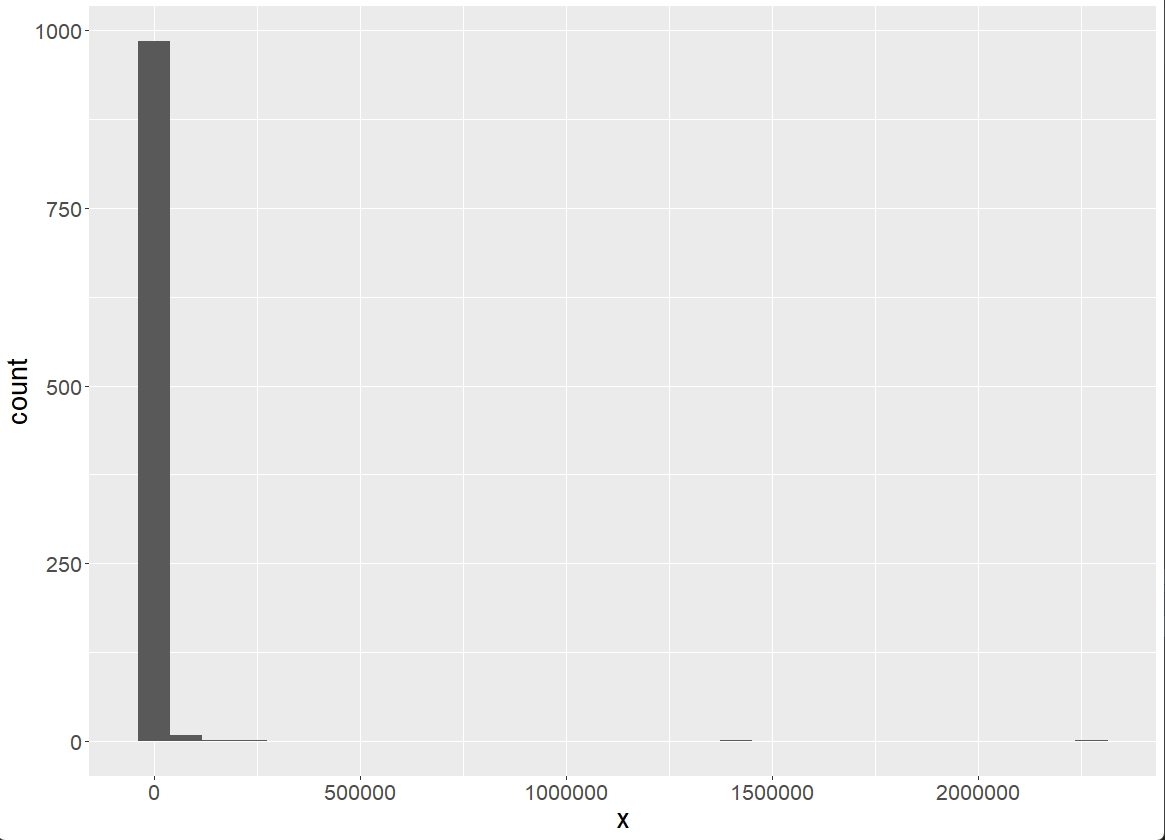How to get URL link on X (Twitter) App
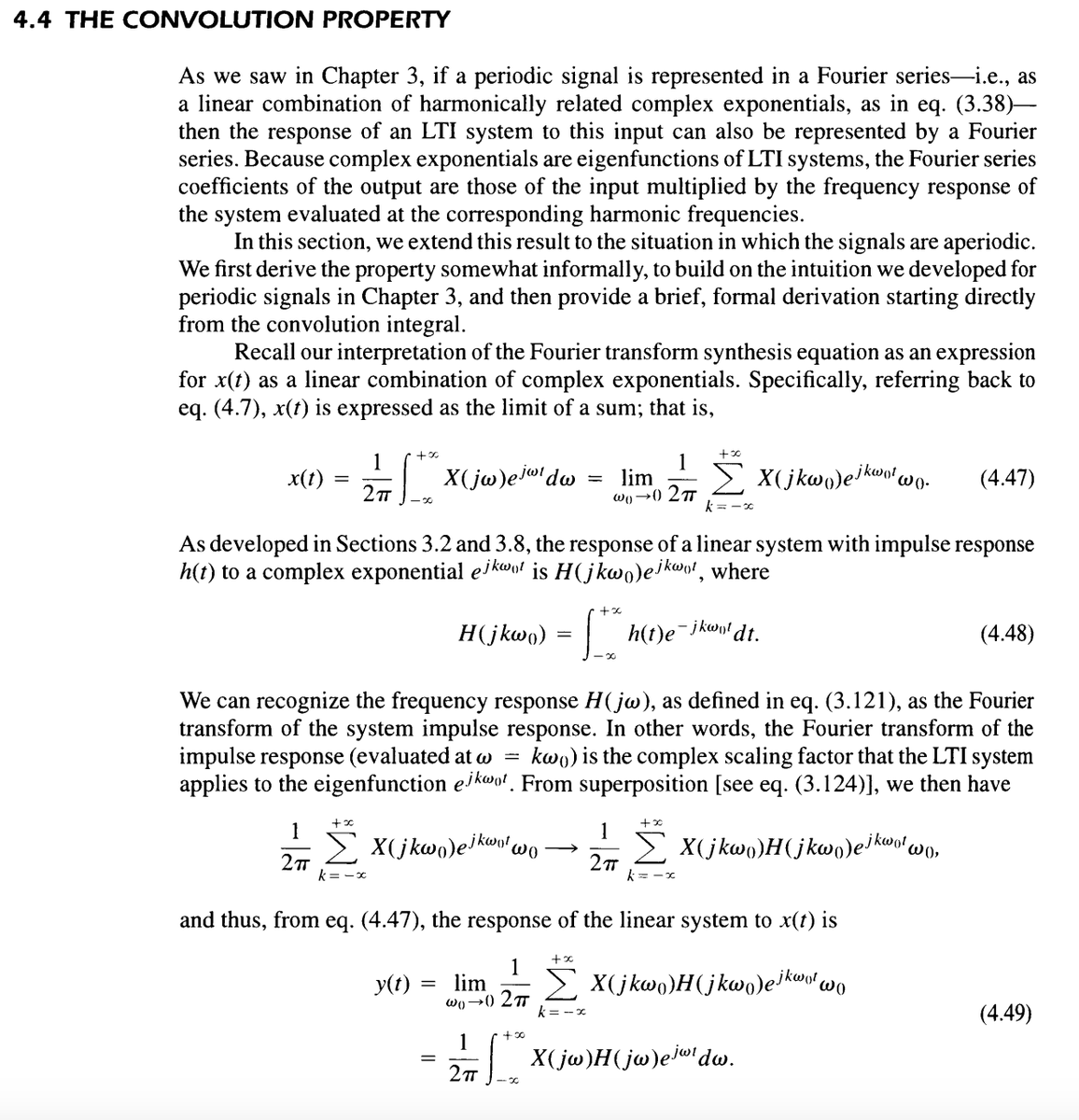

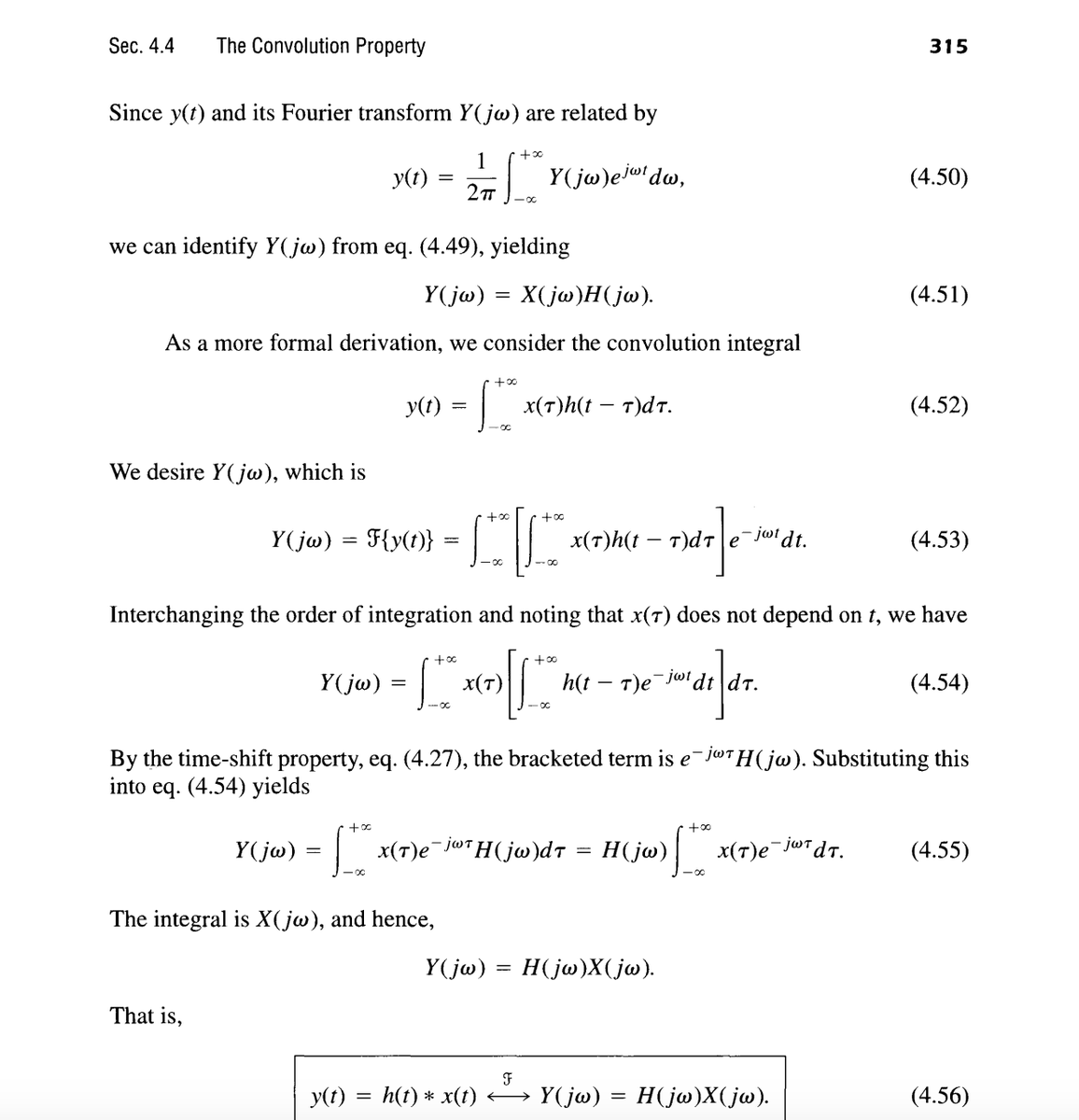 Instead of actually doing it, I simply told Gemini 3 Fast the vague outline of my desired proof strategy. And it works!!!
Instead of actually doing it, I simply told Gemini 3 Fast the vague outline of my desired proof strategy. And it works!!!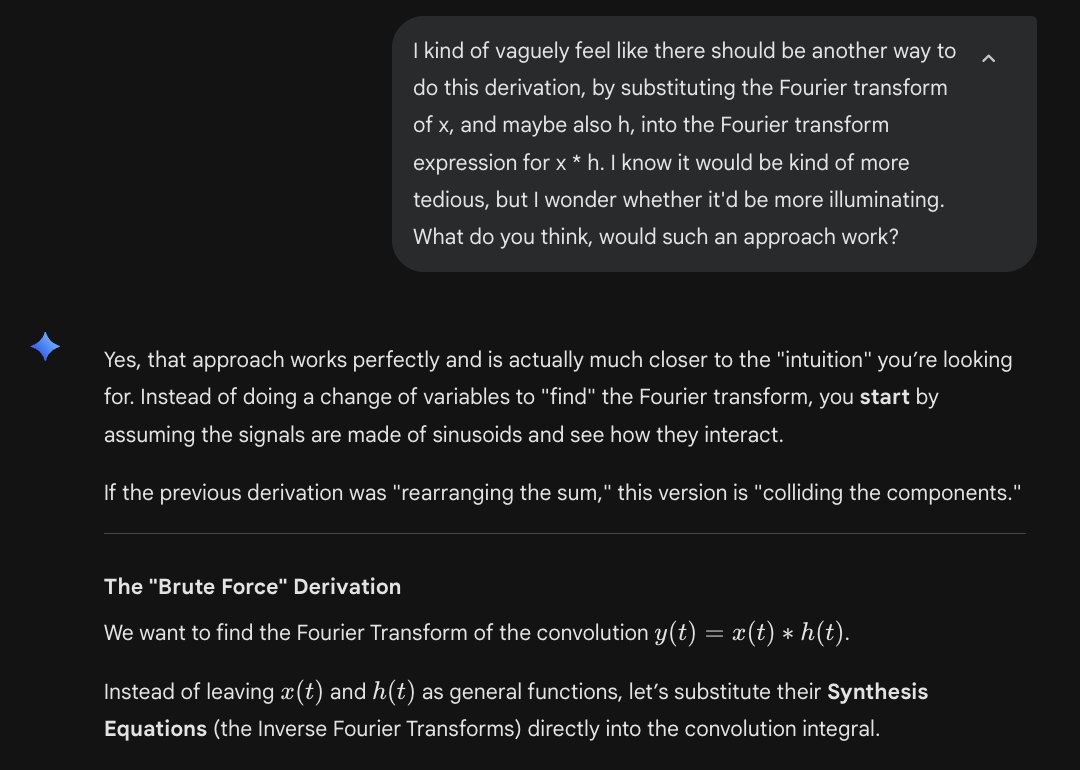
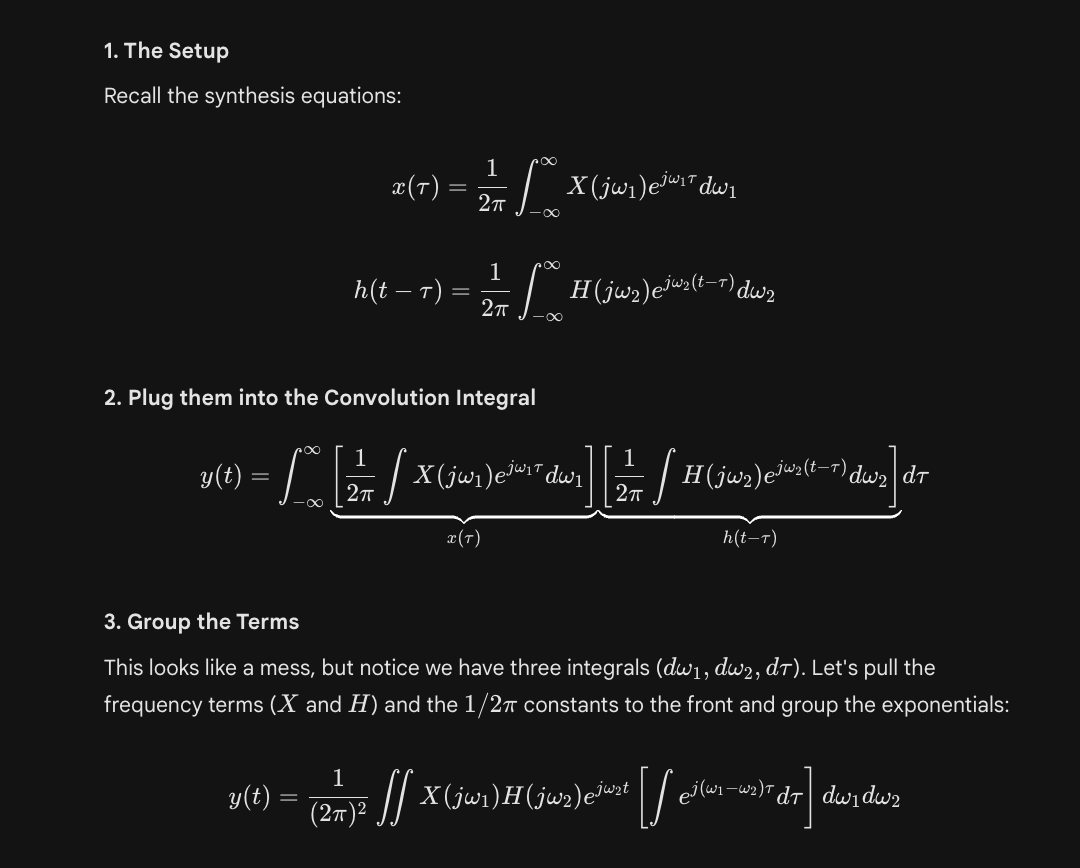
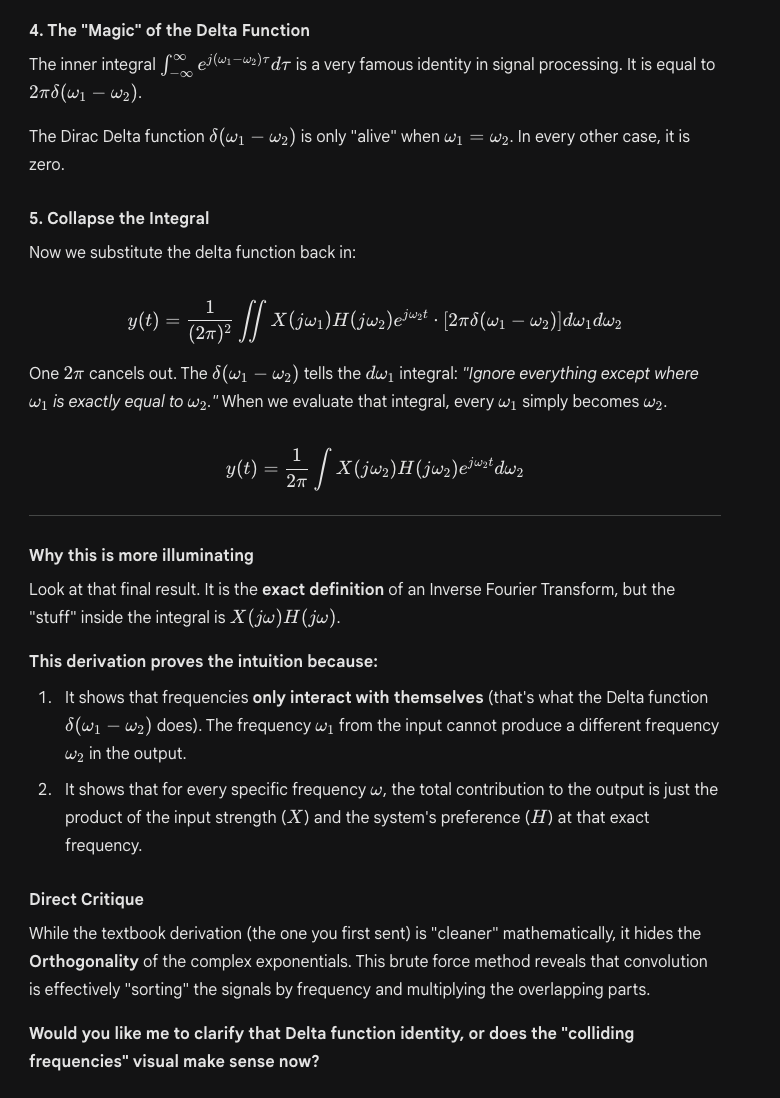
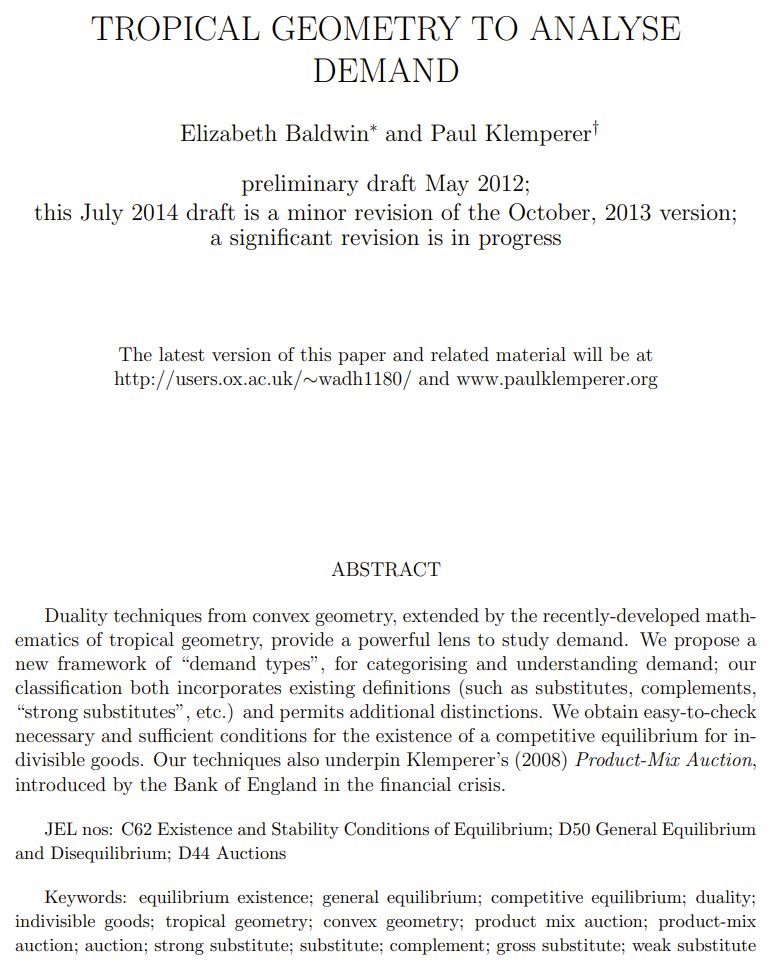
https://twitter.com/IsabellaMWeber/status/1971292262874370221Rather than restricting to classic calculus-based approaches, or even simpler linear-system solutions, modern economics uses tropical geometry to analyze existence of equilibria in indivisible-goods economies

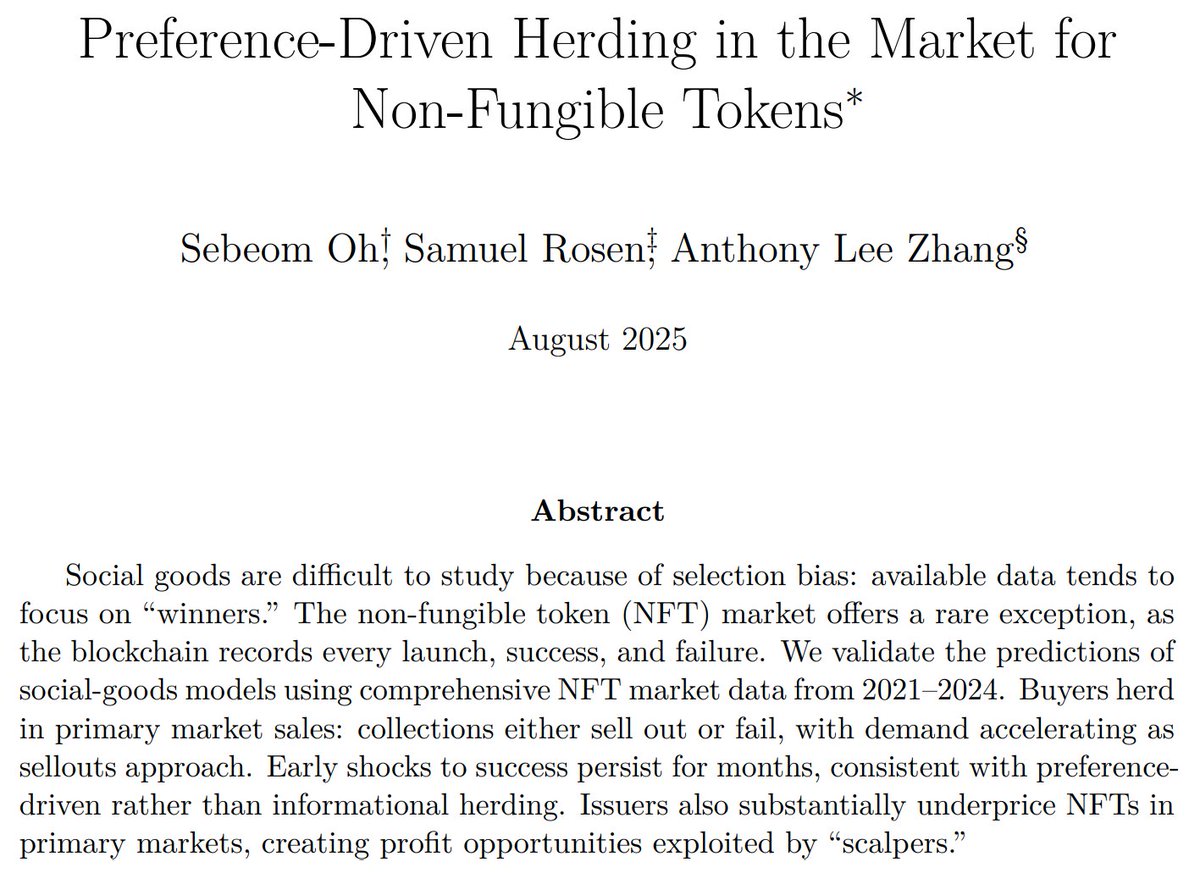

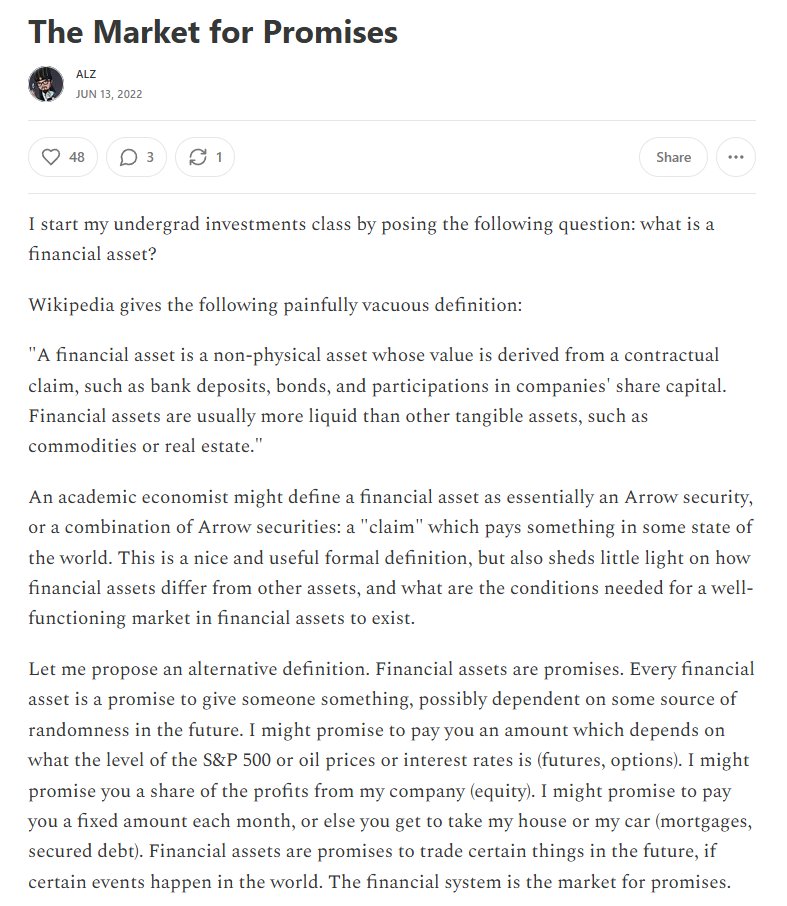
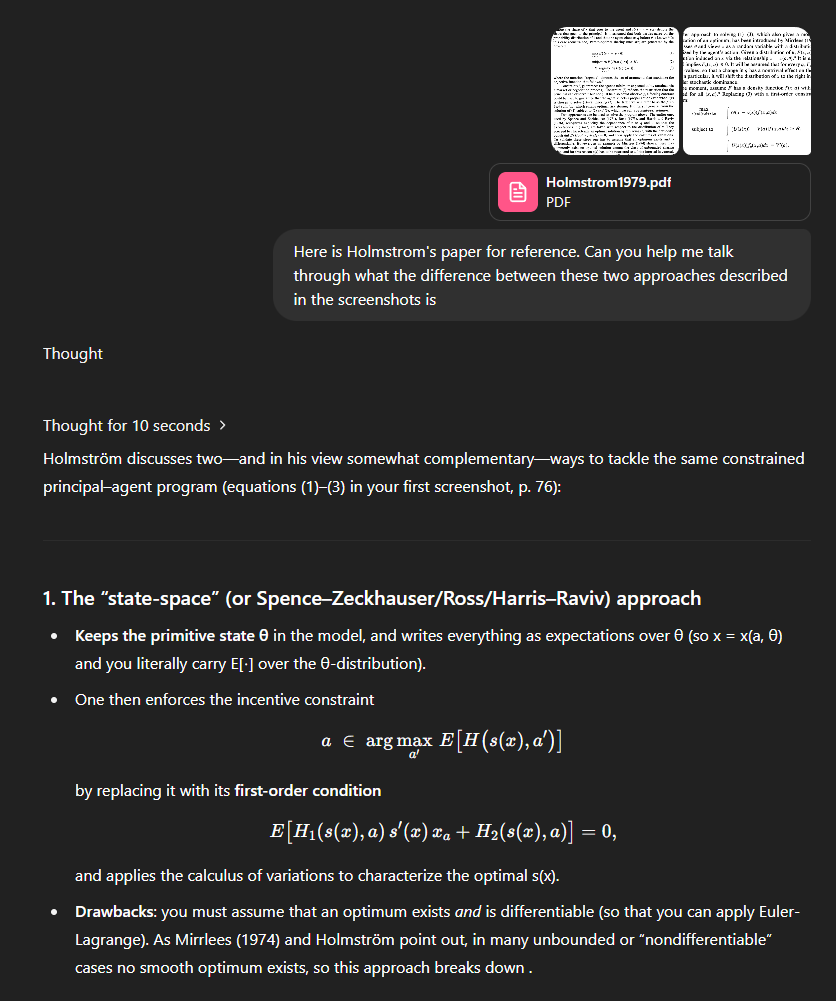

 I can give it literally the laziest, most notation-insensitive questions of "wtf is going on" and it just puts up with my shit. My TA would kill me for even asking a question this way over email. But, until the AI overlords come to punish me for my sins, o4 just cooperates
I can give it literally the laziest, most notation-insensitive questions of "wtf is going on" and it just puts up with my shit. My TA would kill me for even asking a question this way over email. But, until the AI overlords come to punish me for my sins, o4 just cooperates 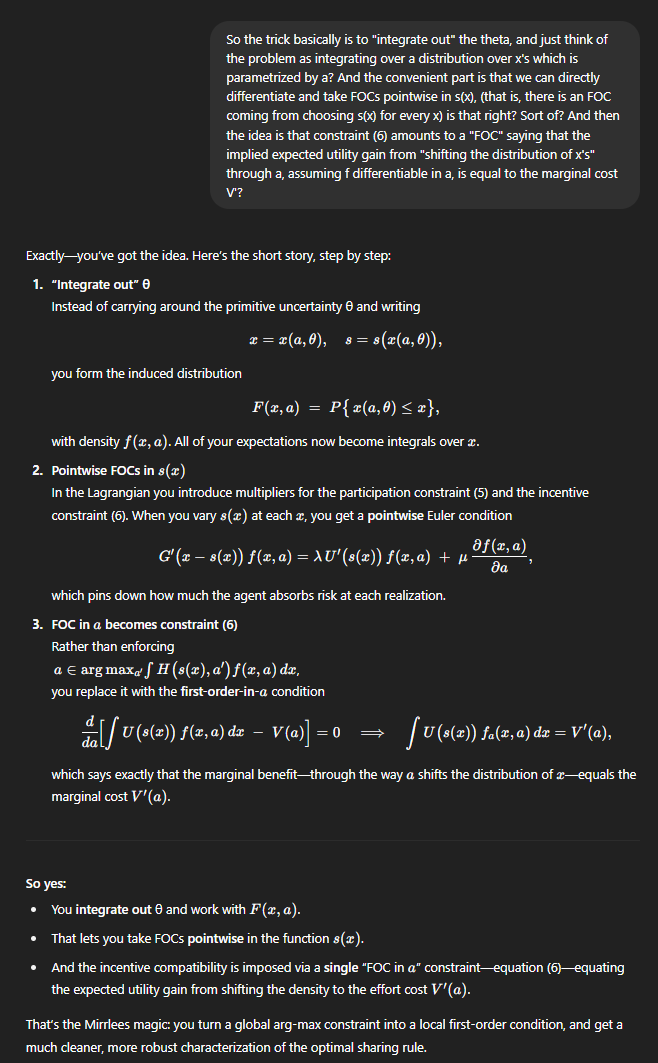


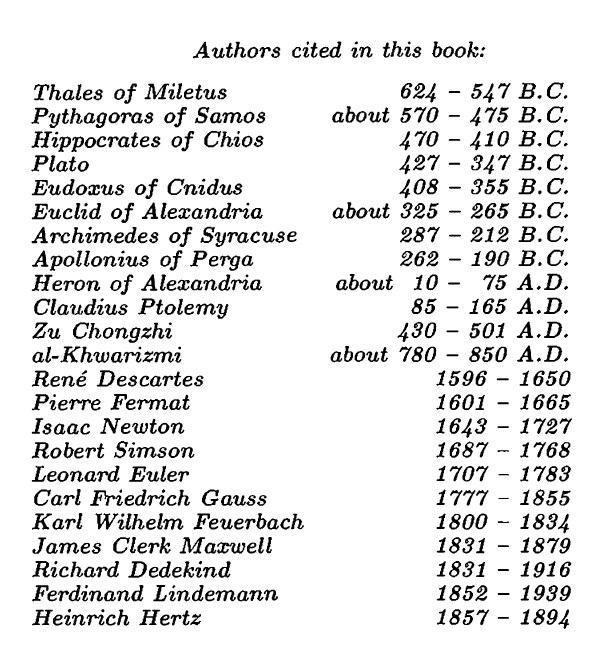 Starts elegantly and intuitively written:
Starts elegantly and intuitively written: 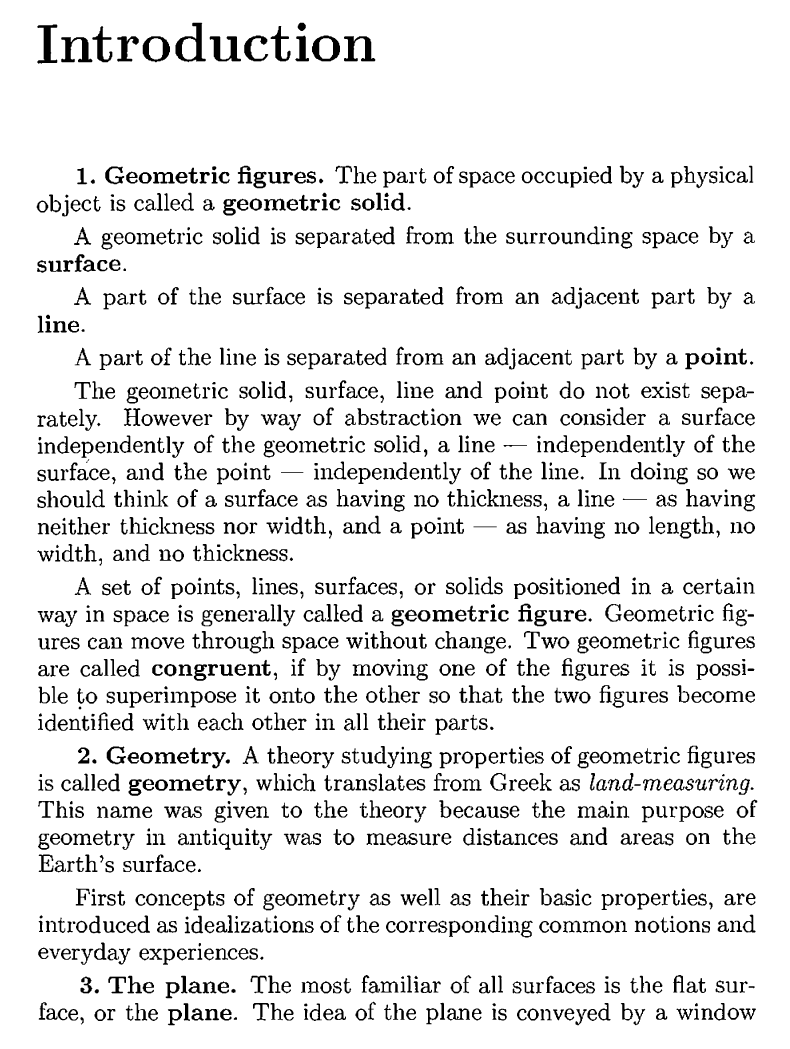
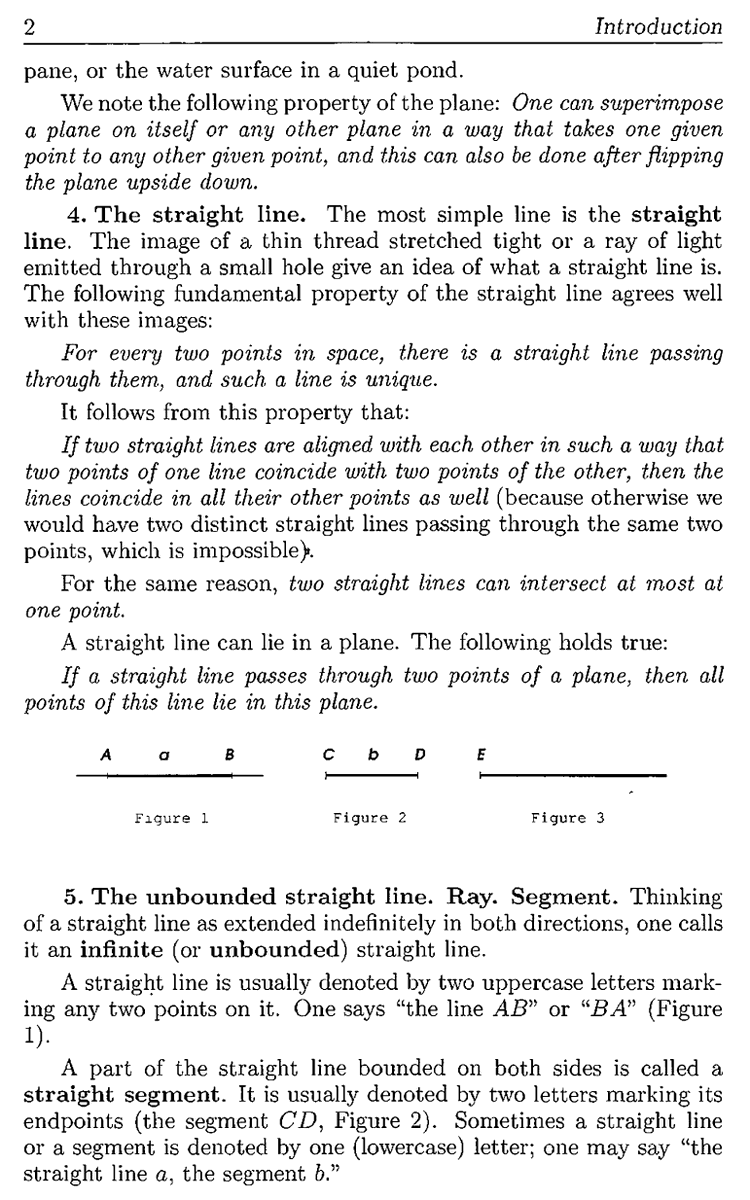
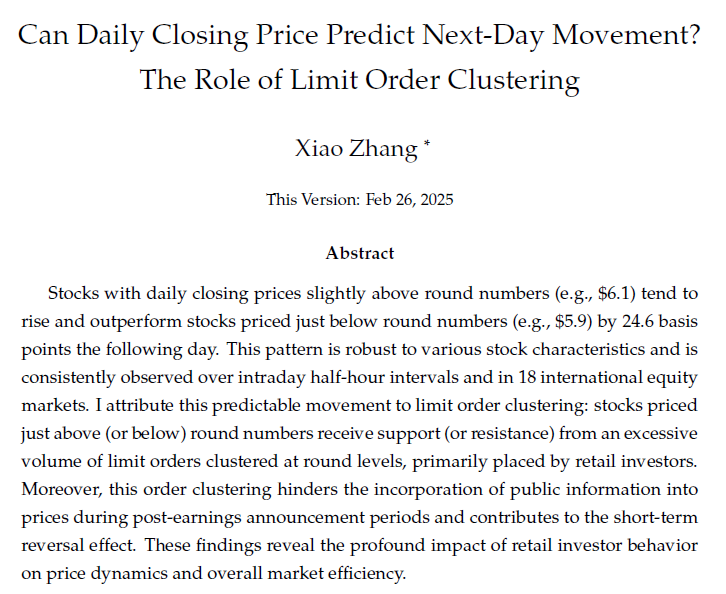
 We always tend to make fun of technical analysis, so it's pretty cool to have some evidence of some tech analysis stuff actually working. This plot shows that x.0 stocks do better than x.9 stocks
We always tend to make fun of technical analysis, so it's pretty cool to have some evidence of some tech analysis stuff actually working. This plot shows that x.0 stocks do better than x.9 stocks 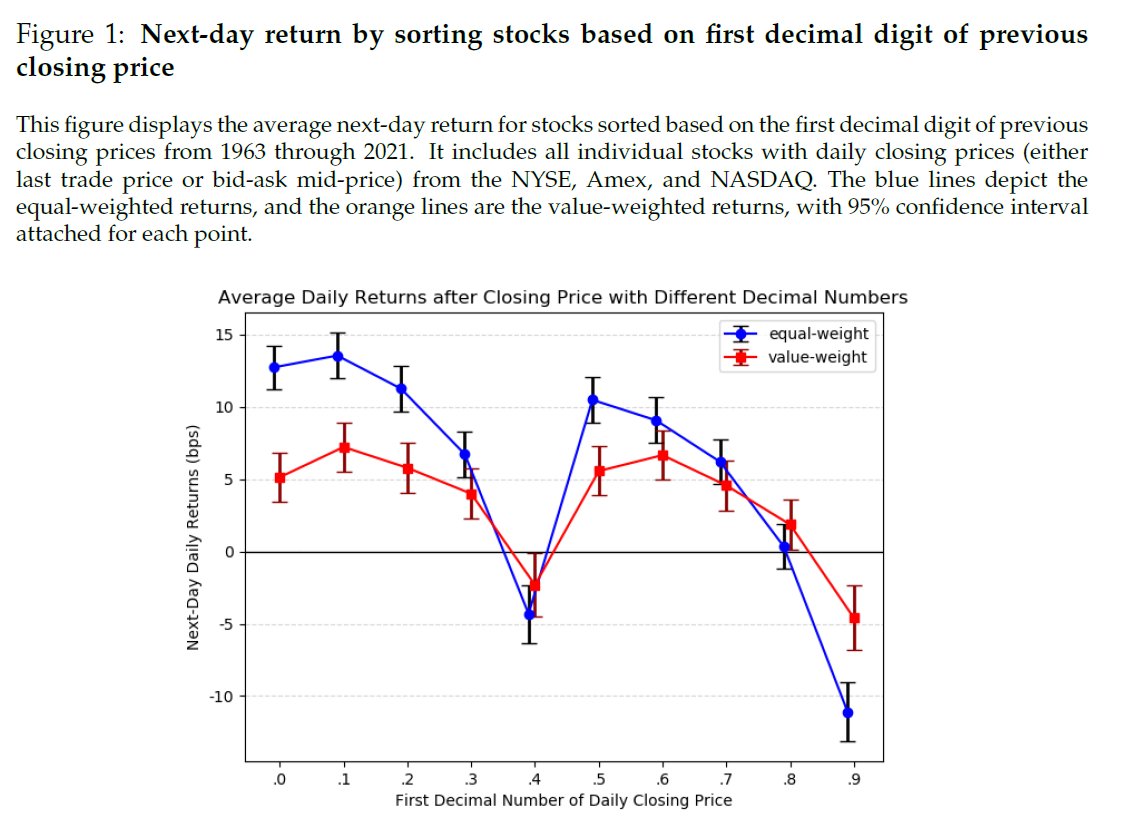
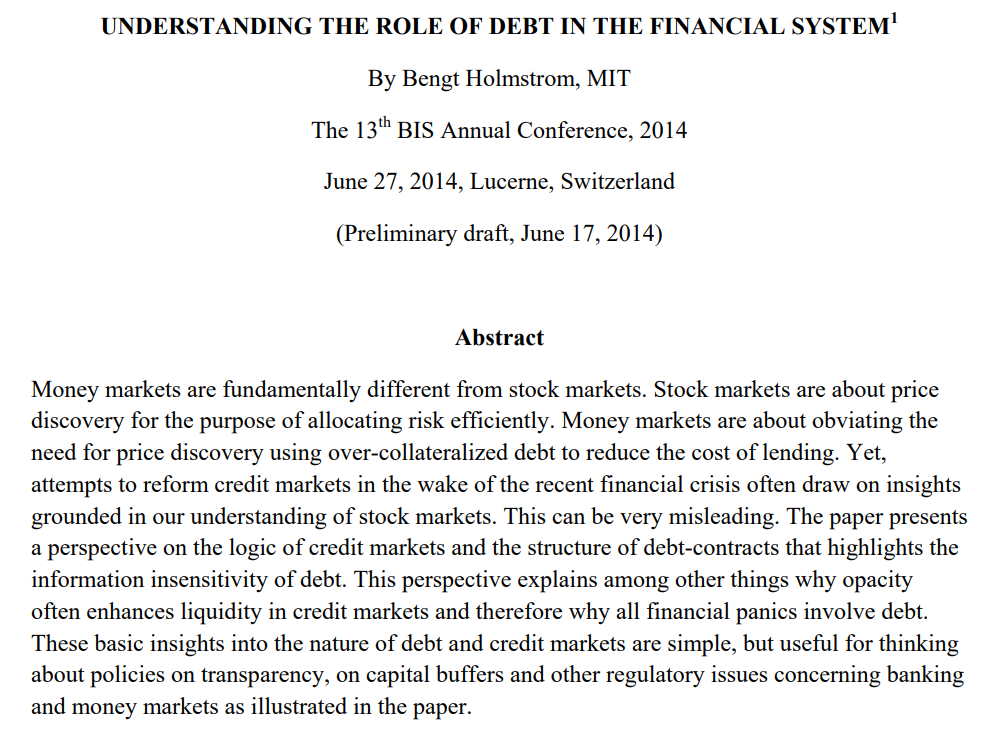
 Motivation: 2008! Nobody knew how bad all this stuff was! That's terrible! Michael Lewis and the Big Shot! Markets need transparency! Why were these things so opaque? Was it all an attempt to trick investors?
Motivation: 2008! Nobody knew how bad all this stuff was! That's terrible! Michael Lewis and the Big Shot! Markets need transparency! Why were these things so opaque? Was it all an attempt to trick investors? 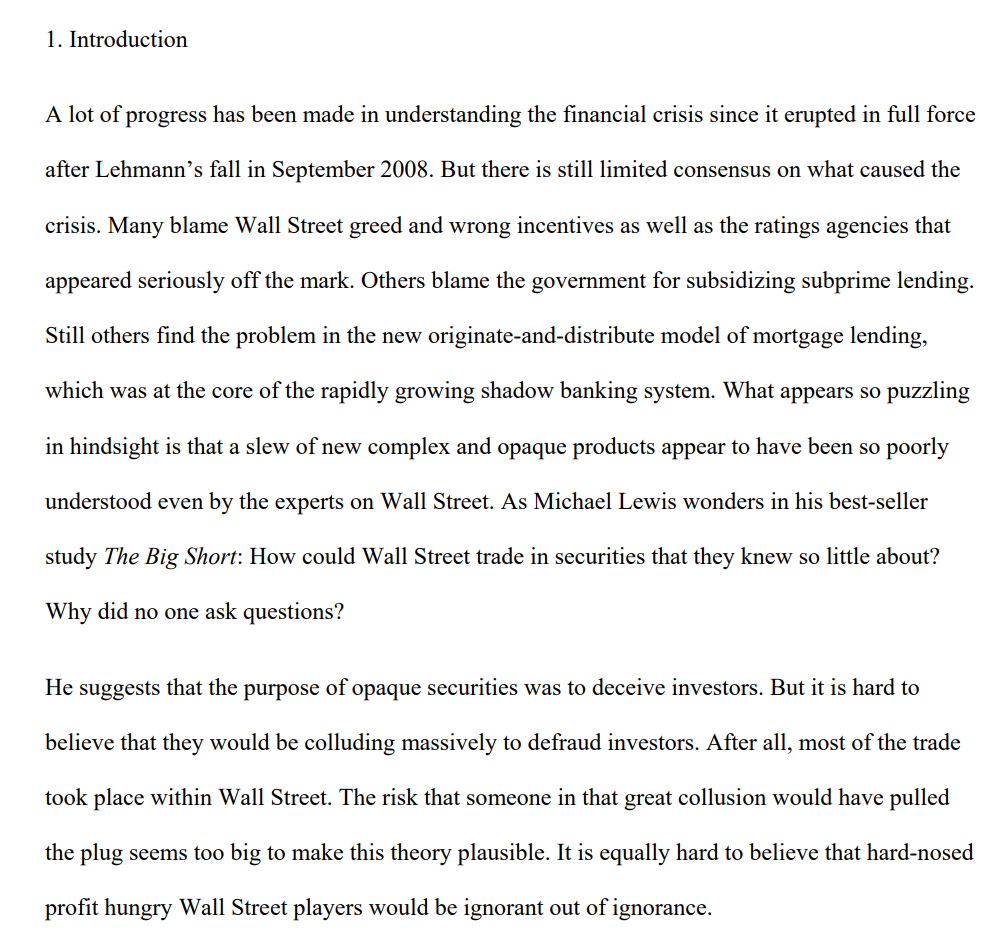

 Of course, next step is generalize to N doors and M>N keys
Of course, next step is generalize to N doors and M>N keys
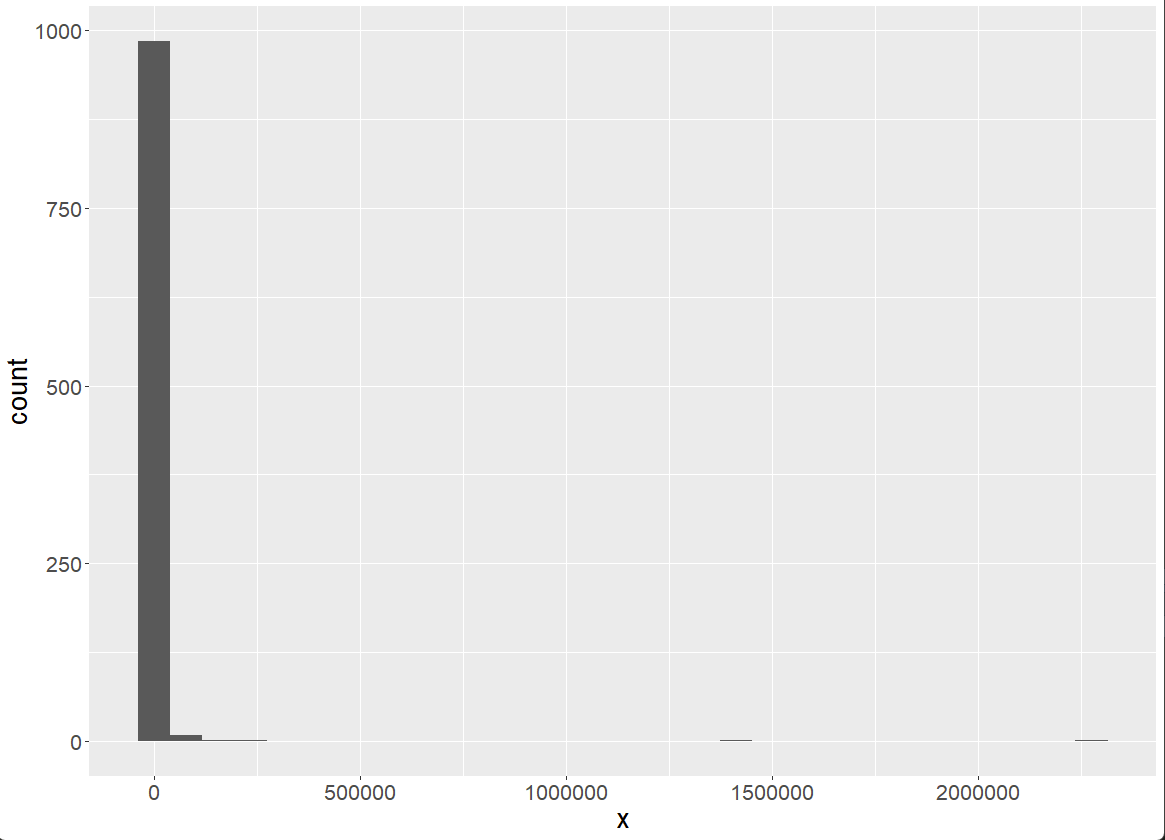

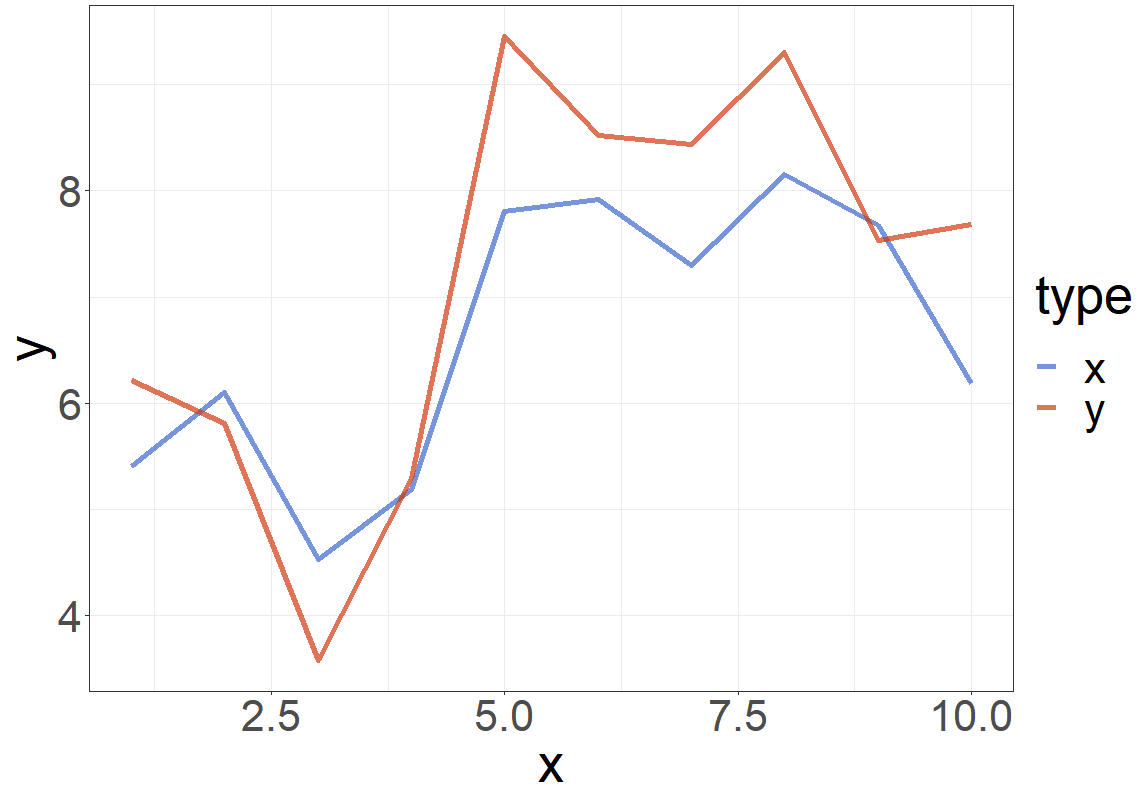 This plot is terrible because it says nothing. It says some observations are small, and a few are very big, and you learn nothing else. It violates a core principle of dataviz: aim for high data density per unit of screen area. 99% of your screen is empty!
This plot is terrible because it says nothing. It says some observations are small, and a few are very big, and you learn nothing else. It violates a core principle of dataviz: aim for high data density per unit of screen area. 99% of your screen is empty! 